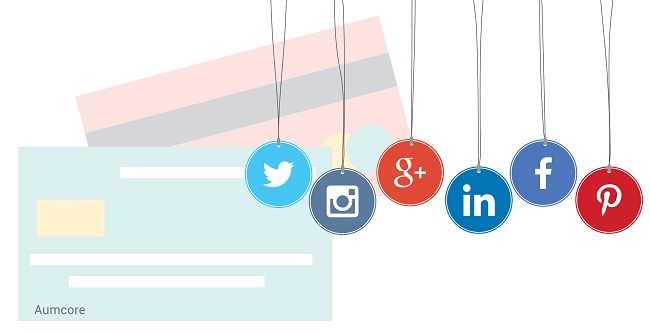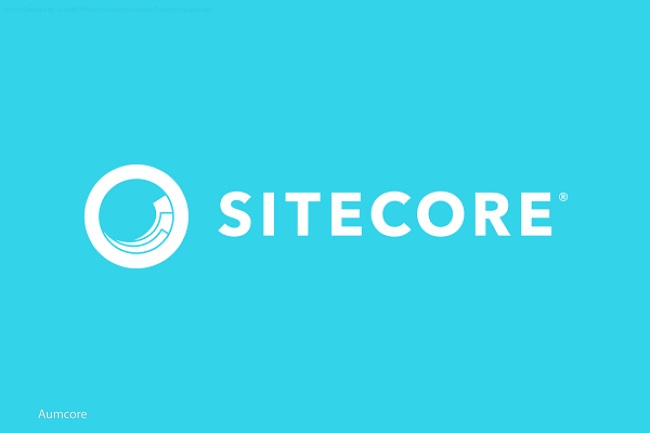With the cost of cybercrime expected to reach $10.5 trillion by 2025, it is incredibly important to protect your data, but it’s not as easy as just slapping a sticky note over the camera on your laptop! It’s no lie that the time we’re living in will go down in history as a complete digital transformation phase. Cyber security in the age of digital transformation is something that, if not closely monitored, has the ability to ruin your life or business. In fact, 60 percent of small businesses have to shut their doors permanently within six months of experiencing a cyber-attack or data breach. Heck, you may even know people who keep their social security number and credit card number saved on their phone! Total red flag for security.
Cyber Security and Mobile Users
For those who may not know, cyber security essentially protects your computers, personal data, and any other digital information. With such widespread use of the internet, it’s very important to ensure your information is safe and not used against you or in ways you do not approve of. Cyber security has been an ongoing issue and should be taken more seriously than ever before.
For example, mobile marketing statistics have shown us that 54.4% of all website traffic is generated through smartphones and mobile devices. On top of that, it’s expected that there will be close to 7.26 billion mobile users around the world by the end of this year. With that many people streaming the web on mobile devices, you can see why it’s so important to protect the information you’re importing to the internet. Likewise, this means that protecting your data with cyber security is important not only for individuals but also for businesses and marketers.
Digital marketing vs cyber security
It’s important to understand the relationship between digital marketing and cyber security. An effective digital marketing strategy is a must for any business looking to progress and reach more people online. However, you need to factor in how secure your marketing efforts are. If you don’t, you are putting your customers and your business at risk.
There is an evident correlation between cyber security and digital marketing. Cybersecurity measures need to be implemented so that your business is protected from the threat of an attack.
If your employees do not collect data and implement marketing campaigns in a secure manner, your system may be compromised, and your customers could face thousands of dollars of loss. This would be a PR nightmare for your business, which can be extremely expensive and sometimes impossible to come back from.
Why Should Cyber Security Be a Top Priority for Marketers?
Many marketers ask themselves: why do we need cyber security? Why is it important to learn about cyber security? What is a cyber security risk? Well, if you have found yourself asking yourself or your colleagues these questions, you are like the majority of digital marketers and business owners across industries. In a survey by Hiscox, it was found that 7 out of 10 were not at all prepared for a cyberattack.
While cyber security wasn’t as big of a problem back in the day, living in 2019 means ensuring that you’re prioritizing it more than ever before. To make sure your business is protected from these types of attacks, it’s best to talk about cyber transformations and figure out how to implement one.
Cybersecurity Threats for Digital Marketers
There are a number of threats when it comes to cyber security in digital marketing. This includes the following:
- Social Media – Social media accounts are a preferred target for cybercriminals because there is no end to the damage that can be done. Not only can hackers steal your sensitive information but they can post offensive content on your account until you pay them to stop doing so. This can be difficult to manage when there are several people from your marketing team accessing social media, which is why effective management is key.
- WordPress – WordPress is the King of the CMS market, which is also why it is one of the most targeted platforms by hackers. Outdated plug-ins can be a real issue here, especially if they are not supported anymore. You need to make sure you keep track of all of the plug-ins and add-ons you use, updating them regularly and deleting them when no longer needed or supported.
- Malware – Malware has advanced considerably over the years. From ransomware that encrypts a site’s sensitive data to spyware that records your keystrokes and passwords, there are many different threats that fall into this category.
- Email – Finally, email is undoubtedly a sensitive area when it comes to cybersecurity. As many as 91 percent of hacks originate in an email. There are two main email threats. The first is phishing. Hackers like to target marketing teams, or they will even contact your customers, pretending to be you. The second threat is a lack of encryption. If you send sensitive data in an insecure format, you are asking for trouble.
What are the Cybersecurity Protection Strategies and Tactics?
To prevent cybersecurity attacks on your business, there are a number of best practices and protection strategies you can implement.
- Make sure you train your employees in cybersecurity – The vast majority of data breaches today are insider attacks. While this can be a malicious employee who wants to steal from your business, in most cases it happens because an employee acts in a negligent manner because they have not received the correct training. Make sure your employees are informed about common phishing techniques. Provide them with training on cybersecurity so that you can reduce the level of negligence.
- Protect access to all of your important assets – Passwords need to be handled securely. You also need to put a strategy in place for protecting access for remote devices.
- Protect all of your sensitive data – Not only should you maintain a close eye on privileged users but you must monitor any third-party access to your data. If a data breach happens due to a third party, you cannot simply pass the blame onto them, so you need to be diligent. Make sure all of your sensitive data is backed up too.
- Build a protected network and robust cybersecurity policy – You should seek to simplify your technology infrastructure and carry out cybersecurity audits on a regular basis. Also, ensure IoT security and take steps to protect your entire corporate network, not just your marketing department.
- Protect access using different identity management techniques – Multi-factor authentication is a must when employees are trying to get access to your network. Biometric security is something you should consider implementing sooner rather than later.
What Is a Cyber Transformation?
For those who aren’t aware, a cyber transformation is taking information that’s been gleaned and making changes within your company to, well, transform your security. Performing a transformation also helps with risk management as well as improving your cyber agenda. Additionally, a cyber transformation will help reassure employees that they’re being safe and taking the right steps for cyber security. Every business wants its transformation to be successful, but you have to make a plan in order for it to be both cost-effective and successful.

Importance of cyber security in digital transformation
Cyber security is critical in the digital transformation era. It needs to be built into your operation processes, vendor activities, and the relationships you have with your customers.
It is critical for businesses to implement robust asset management processes while making sure they are resilient against all data threats. Stay ahead of the cyber-threat management curve to ensure that your business delivers true value.
A lot of business owners overlook cyber security because they feel that it will slow down their digital transformation. However, this is not the case when you consider how advanced security technology is today, with many of them operating in the cloud.
Sadly, a lot of companies do not get their security personnel involved at the start of the process, and this is how time constraints can be pushed.
Digital Transformation Security Challenges
Technology and digital media are all great, but they bring a lot of challenges and scares due to the quickly evolving digital era we’re in. A huge security challenge to worry about comes in the form of data breaches within your company. To clarify exactly what a data breach is, it’s essentially when people on the internet gain access to information that you didn’t give them access to, AKA when a hacker gets into your system. Whether or not people think that this could happen to them or not, it’s a very serious and scary incident that marketers should do anything and everything to avoid.
Top 5 Hacks Marketers Should Follow To Avoid Breaches
There is so much that you can do to avoid and ultimately eliminate all data breaches within your company and personal life. Whether it is switching up your passwords every couple of months or ensuring all your systems are up to date, the options to protect your data are limitless. Let’s take a look at some hacks you can implement to lower your chances of running into a data breach:
1. Implement Two-Step Verification
While it may take a few more seconds to log into your email and shared drive accounts, implementing double security on your important business accounts is critical to avoid getting your information hacked or stolen.
2. Only Use Trusted Devices
Be sure to only log into devices within your company and not any other device using a shared drive. You never know what kind of viruses or people have access to devices that are not your own!
3. Keep Your Security Systems Up-To-Date
Ensure that your security systems are updated and properly working. There may have been bugs or glitches in a previous version that were taken care of in the update, and delaying making the update will only prove to be a mistake.
4. Regularly Change Your Passwords
Be sure to change your passwords every few months or so to ensure that your account information doesn’t get out. Emails get hacked all the time, and many use the same passwords everywhere. Changing your passwords will ensure that, even if an email gets hacked, your other passwords are secure.
5. Encrypt Your Files
What’s so great about encrypting your files is that only the specific people you send the file to are able to read and understand the message by using specific software. This way, even if you or your recipient gets hacked, your encrypted information will be safe.
In Review, Why Does This Matter?
With the many technological advancements in both the digital marketing industry and the technology field in general, digital cyber security is more important than ever. Make sure to keep the 5 hacks we covered in mind and follow them if you want to avoid breaches! Let’s take a look at them once again:
- Implement Two-Step Verification
- Only Use Trusted Devices
- Keep Your Security Systems Up-To-Date
- Regularly Change Your Passwords
- Encrypt Your Files





Tell us your thoughts in the comments